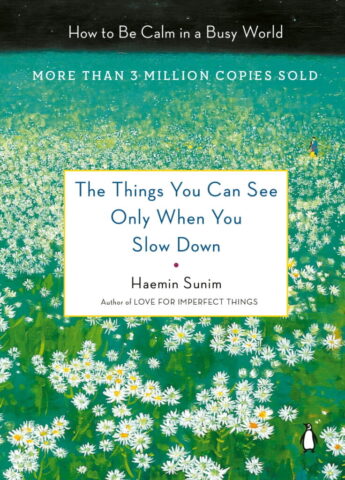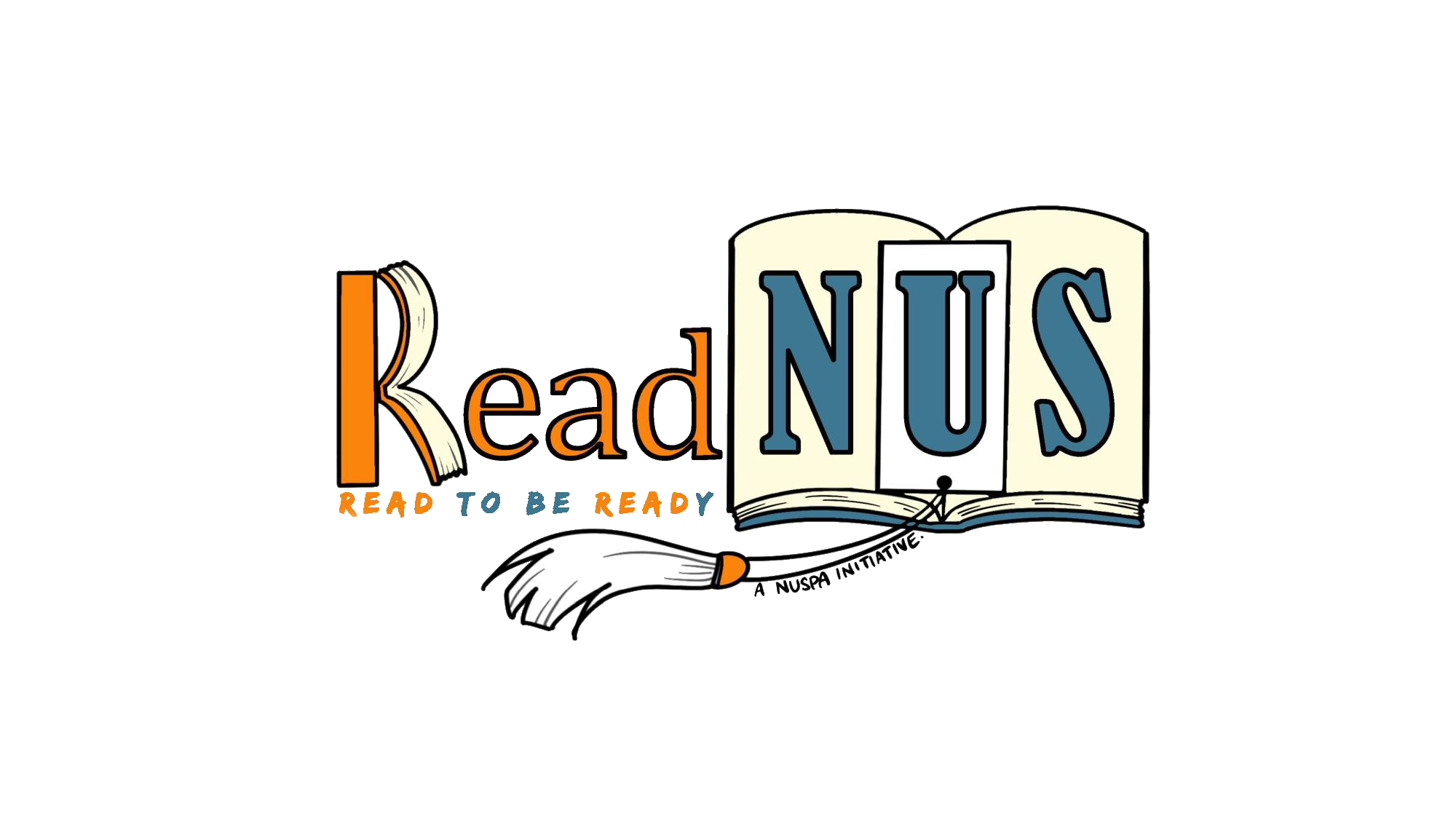Self-Help Book or Common Sense?

Common sense or useful advice? The genre of self-help books seemed to have earned themselves a certain reputation in the reading community. Readers are sometimes quick to scoff at new self-help books making the shelves, with the impression or knowledge that it will offer ineffectual advice at best. And while others attempt to prove their worth, a handful of self-help books have earned the validation of readers.
A brief glance at reviews of Haemin Sumin’s ‘The Things You Can See Only When You Slow Down: Guidance on the Path to Mindfulness from a Spiritual Leader’) suggest that they bifurcate into two camps… – one finding that it was a useful read, and the other finding it a waste of time as he merely pointed out the ‘obvious’. I therefore decided to pick up this read to present the authors’ most helpful suggestions and my verdict on whether it is a worthy read.
There certainly were a few lines in his book that made me raise my eyebrows. He writes ‘When you are stressed out, be aware of your stress,… As soon as you become aware of these feelings you are no longer lost in them. Your awareness allows you to witness from the outside. Awareness is inherently pure, like the open sky. Stress, irritation, and anger can temporarily cloud the sky, but they can never pollute it. Negative emotions come and go like clouds, but the wide-open sky remains.’ I appreciate the sentiment, but in every instance where I have been stressed about a situation, acknowledging the pressure I am facing would not dissipate the dreadful feeling. In fact, for me, stress would not ‘go like clouds’ until I have found a solution.
In a chapter advocating for forgiveness, he writes, without much elaboration, the following: “When you lower yourself, the world elevates you. When you elevate yourself, the world lowers you. When you arrive at the peak of enlightenment, you will understand: Your peak is the same height as your neighbour’s. At the peak, you see everyone’s holiness.” I referred to the introduction of this chapter again for a hint of what he could have meant by ‘lower’ and ‘elevate’ to no avail. Through guesswork, I assume that he argued that individuals should not be egoistic or prideful, ‘elevating’ or inflating their worth to be more than it is. However, the notion that we should ‘lower’ ourselves for external validation is perhaps not the best advice. I will not go into more individually, but I’m sure you get the gist of why I would be reluctant to recommend this book to friends.
However, I would say that despite the simple nature of his lessons, perhaps this book is exactly what a reader attracted by the title needs. I can imagine myself, perhaps feeling a little overwhelmed — from the bustle of school, work, socialising, personal upkeep, whatever else it may be — walking into a bookstore, and seeing a book with a title that promises lessons on mindfulness, the art of slowing down and simplicity. Perhaps in that moment, I would not appreciate complicated, nuanced advice, but rather, a book with simple words and short sentences; a gentle book, with gentle reminders to be mindful about our thoughts, actions and feelings. Perhaps his advice is the first step to solving a problem – but definitely not the final solution. To this end, I think the book has served its purpose well.
Below I compile my favourite takeaway(s) from each chapter.
“Our reality is not the infinitely stretching cosmos but the small part we choose to focus on.”/ “When we look at the outside world, we are looking at only a small part that interests us.”
Feelings “are often born from a matrix of conditions beyond your control. Just like you can’t control the weather, or your boss’s mood, you can’t control the feelings in your body. They are just passing through, like clouds in the sky. They, too, dissipate on their own.”
“Some people are generous and kind to those outside their circle while neglecting the needs of those within it. It is a mistake to take family and close colleagues for granted. When those closest to you feel ignored and betrayed, everything you have built can collapse in an instant.”
“If I want to convince someone, I first listen attentively and try to understand them. Even if I am right, they won’t be convinced until they feel heard and respected.”
“The art of maintaining a good relationship can be compared to sitting by a fireplace. If we sit too close for too long, we become hot and possibly burned. If we sit too far away, we cannot feel the warmth.”
On the topic of forgiveness, Sumin urges his readers to forgive. He prompts readers with the following questions: “Do I want to keep carrying this resentment in my heart? Do I want to live as a victim forever?”
“We can determine how close we are to someone by asking, ‘Can I act like a little kid in front of that person?’ When we love someone, we feel like a little kid in our heart.”
“Not everyone has to like me.”
As a final verdict, I would likely not recommend this self-help book for those seeking nuanced, genuine, and groundbreaking advice. Although I find it easy to believe that many would have found solace in reading this book, I am rather reluctant to reward it with the title of a good self-help book.
I say this because I am cautious about the image self-help books have earned themselves. Many would dismiss the entire genre, seeing all self-help books as superficial or unhelpful. That is not true, and having read many, I would say that good self-help books do exist – such as Atomic Habits by James Clear, The Body Keeps the Score by Bessel van der and Ikigai: The Japanese Secret to a Long and Happy Life by Héctor García and Francesc Miralles – that offer groundbreaking, nuanced guidance that will benefit your life beyond offering momentary comfort.
By: Nicole Ng
